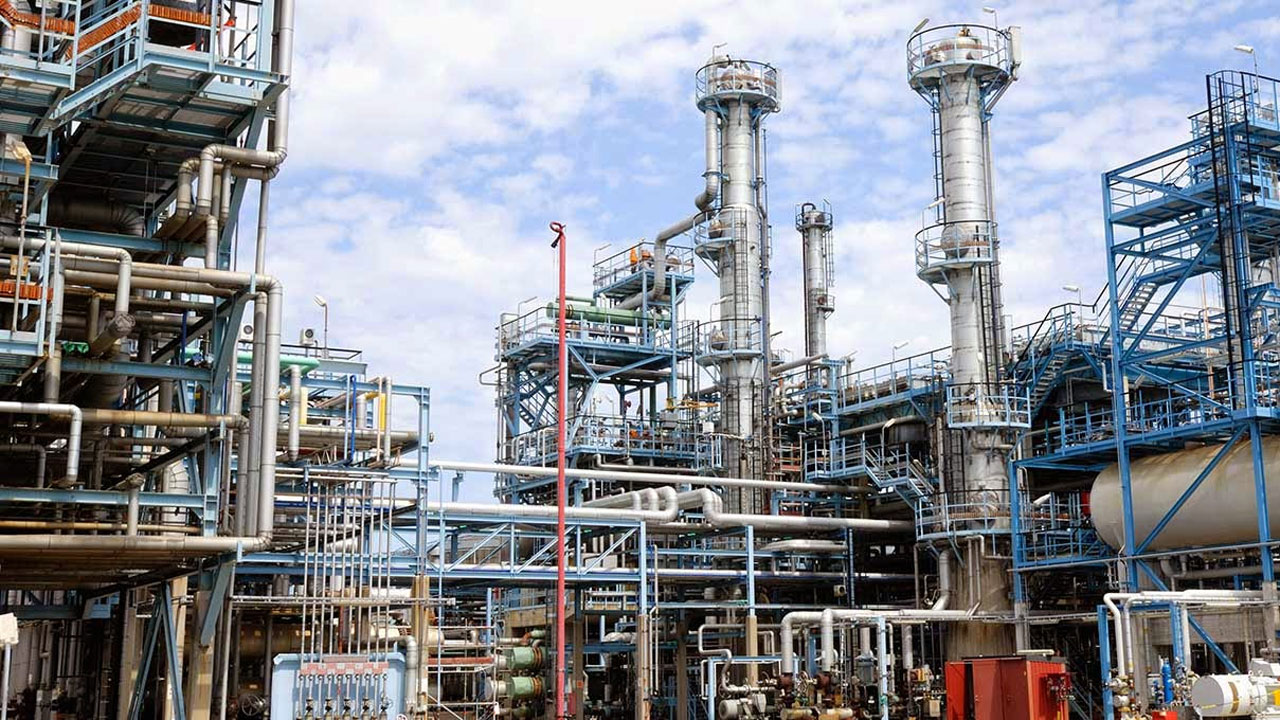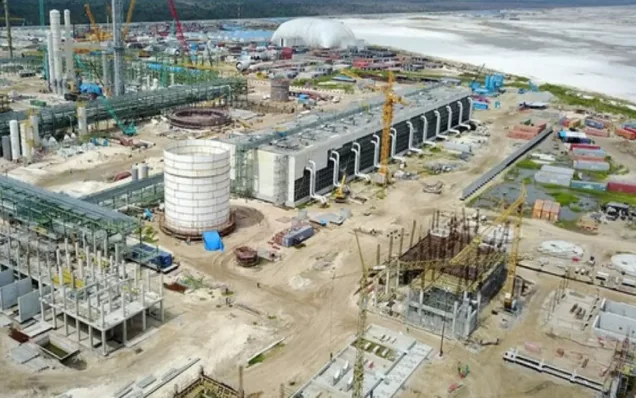The Port Harcourt Refining Company, currently under rehabilitation, will supply 11 million litres of Premium Motor Spirit, popularly called petrol, to the domestic market, the latest report put together by the firm has stated. This means the company is expected to produce about 3.96 billion litres of petrol annually.
It also stated that the facility would produce enough Aviation Turbine Kerosene, also known as aviation fuel or Jet-A1, a development that would make Nigeria a hub for the commodity in West Africa.
These were contained in the firm’s report on Engineering, Procurement, Construction, Installation and
Commissioning for the refinery project, presented to the House of Representatives Committee on Petroleum Resources Downstream recently and obtained by our correspondent in Abuja on Thursday.
The PHRC and two other refineries, Warri Refining and Petrochemical Company, and Kaduna Refining and Petrochemical Company, are under the management of the Nigerian National Petroleum Company Limited.
The facilities have been dormant for several years, refining zero crude despite repeated turnaround maintenance exercises on them.
However, the commencement of the rehabilitation of the PHRC in 2021 has received commendations from industry players and observers going by the work being done at the facility.
In its report on the rehabilitation exercise at the facility, the firm stated that the project was aimed at restoring the plant to a minimum of 90 per cent nameplate capacity utilisation.
“This capacity utilisation shall imply among other things, an addition of 11 million litres of PMS daily to the Nigerian market,” the report read in part.
It added, “This increase in domestic refining capacity will definitely make a positive impact on the Nigerian economy with the reduction in import PMS that will follow.
“It also noteworthy that Aviation Turbine Kerosene will be one of the products that will be produced post-rehabilitation. It is expected that Nigeria will then be the hub for aviation fuel supplies to West Africa.”
Providing a background on the PHRC EPCIC project, the report stated that the Federal Government drive to boost in-country refining capacity gave rise to the approval for the rehabilitation of refineries.
It said the first phase of this rehabilitation project was completed in 2019, as the scope centred on plant integrity survey and scope of work definition for the EPCIC.
The Federal Executive Council approved the contract of EPCIC on March 17 2021, while the work commenced last year.
The council approved the award of PHRC EPCIC contract to Tecnimont in March, and the contract agreement was signed on APRIL 6, 2021.
Tecnimont has since mobilised to site with their sub-contractors, as 15 per cent advanced payment was made to the contractor after the submission of Advance Payment Guarantee.
It was learnt that over 150,000 man-hours had already been achieved on the project, with zero lost time injury nor fatality and zero security breach.
Source Punch














